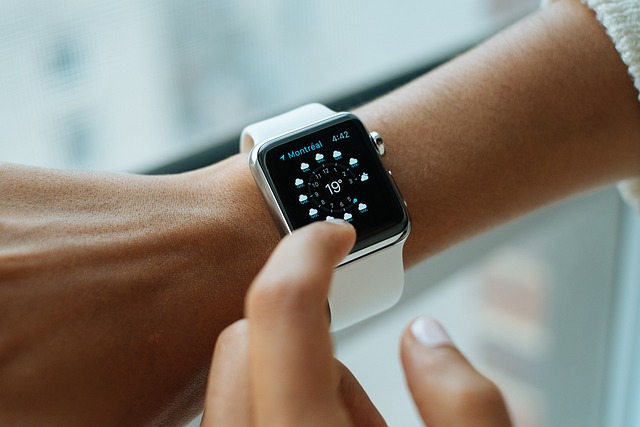The Importance of Managing Screen Time
In our fast-paced digital world, screen time has become an integral part of our daily lives. From smartphones to tablets and television, these devices dominate our attention and often interfere with our sleeping patterns. However, by incorporating healthy lifestyle choices and nutritional habits, we can significantly improve our sleep quality and overall well-being.
Understanding Screen Time and Its Effects on Sleep
Studies have shown that excessive screen time, especially before bedtime, can disrupt the body’s natural circadian rhythm. The blue light emitted from screens interferes with melatonin production, the hormone responsible for regulating our sleep-wake cycle. This leads to difficulty falling asleep, shorter sleep duration, and reduced sleep quality. Recognizing these effects is the first step toward fostering healthier habits.
Embracing a Healthy Lifestyle for Better Sleep
Balancing screen time with a healthy lifestyle is essential for achieving restorative sleep. Here are some practical tips to help you reduce your dependence on screens:
- Set Screen Time Limits: Establish boundaries by scheduling specific times for device use and unplugging at least an hour before bedtime.
- Create a Sleep-Inducing Environment: Keep your bedroom free of screens and distractions, creating a peaceful oasis that promotes relaxation.
- Engage in Physical Activity: Regular exercise can help regulate sleep patterns, reduce anxiety, and boost overall health.
- Practice Mindfulness: Incorporate relaxation techniques such as meditation, deep breathing, or yoga to unwind before sleep.
The Role of Healthy Nutrition in Sleep Quality
Nutrition also plays a crucial role in our ability to get a good night’s sleep. What we consume can greatly influence our energy levels and sleep patterns. Here are some dietary suggestions:
- Limit Caffeine and Sugar: Reduce your intake of caffeinated beverages and sugary snacks, especially in the afternoon and evening, to avoid sleep disturbances.
- Incorporate Sleep-Promoting Foods: Foods rich in magnesium, like leafy greens and nuts, as well as those high in tryptophan, such as turkey and yogurt, can support better sleep.
- Stay Hydrated: While it’s important to drink enough water, be cautious not to overdo it before bedtime to avoid nighttime trips to the bathroom.
Creating Balance in a Digital World
Finding a balance between screen time and healthy living may seem challenging, but it is vital for reclaiming restful sleep in a technology-driven world. By prioritizing a healthy lifestyle and nourishing your body, you can enhance your sleep quality and overall health. Embrace these changes, and watch how they transform not only your sleep patterns but your daily life as well!




